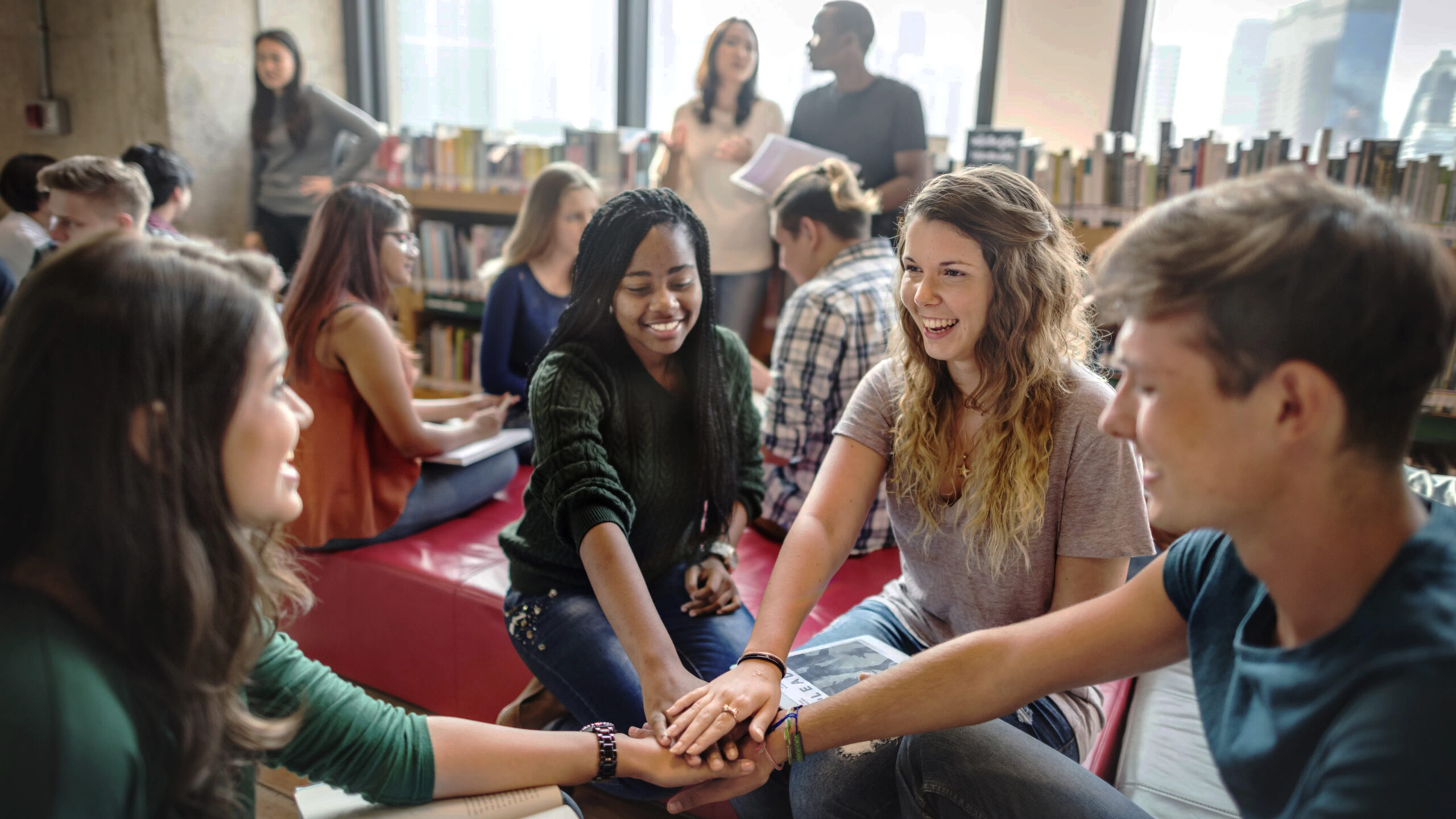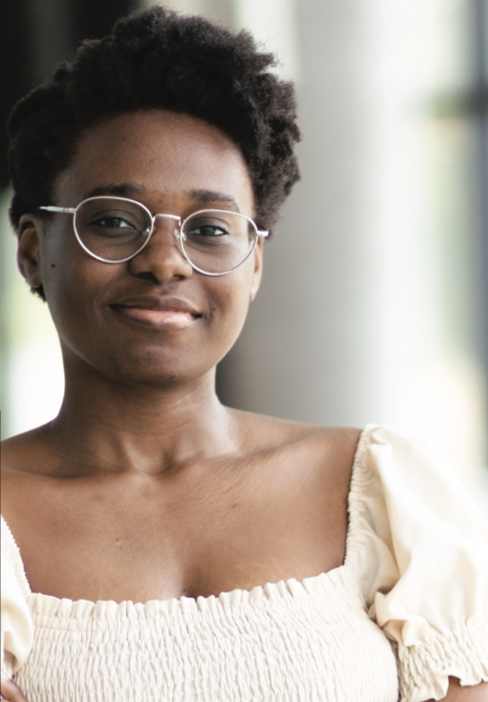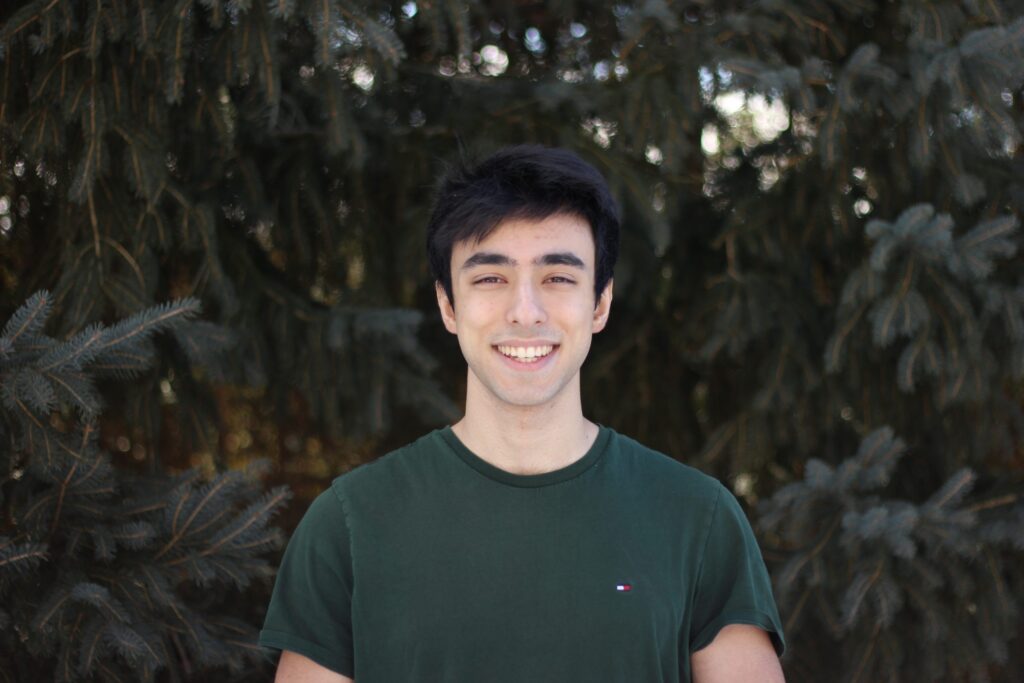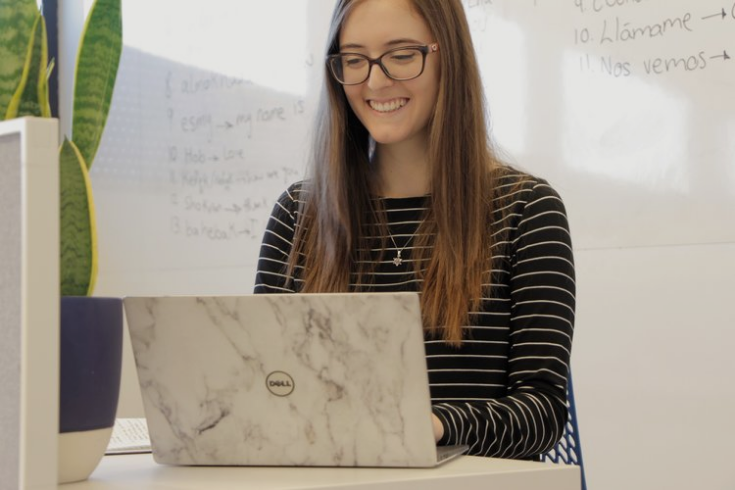
Co-op for Change Award
The Co-op for Change Award ($3000) recognizes and celebrates students who are participating in co-op to drive meaningful change.
Co-op for Change Award
Co-op for Change Award will recognize one Lassonde student involved in community work with a $3,000 award.
This award highlights the contributions of Lassonde students who take on roles that go beyond traditional industry co-ops through:
- Non-profit organizations (including public university or college), registered charities with their main mission being to serve the public good and focusing on addressing societal or community-based challenges.
- Entrepreneurial ventures with a philanthropic or social mission (e.g working in a start-up or launching a start-up)
- Research initiatives that address community needs or drive social impact (e.g. RAY position, LURA or USRA positions)
Why Co-op For Change?
Meaningful Outreach
International Networking
Community Awareness
Global Citizenship
How it works:
How to be considered for the award:
What qualifies as a non-profit organization for the purpose of this award:
- To qualify, the student’s co-op must be with an organization that meets both of the following criteria:
1. Organizational Structure
- Registered as a publicly funded or donor supported non-profit, charity, community organization, public interest organization, or international development organization
2. Mission Alignment
The organization must demonstrate a focus on:
- Social justice, equity, or inclusion
- Public health or community wellbeing
- Environmental sustainability or climate action
- Human rights, advocacy, or international development
- Access to education or technology
- Support for underrepresented, marginalized, or vulnerable populations
Create your own opportunity OR apply to an existing posting
Students contact a non-profit organization of your interest, ask to meet with a Volunteer Coordinator or hiring Manager to discuss your interest and projects you could help develop. Some examples include web and/or application design and development, systems or database analysis, or project management. Search for student/volunteer opportunities and apply directly to the posting.
Your Co-op Position:
The students’ co-op position must be with an organization whose work demonstrates a clear social mission or community impact. Simply being a non-profit or publicly funded organization would not be sufficient. The students’ co-op position itself must actively contribute to public good, social justice, or innovation for positive change.
Secure a co-op offer and submit an application
Upon securing an offer with an organization, please contact the co-op team to discuss the job offer details and to submit an application for the Co-op for Change Award.
For more information, download the 2025 Co-op for Change Application Package or contact a Co-op Coordinator at askcoop@yorku.ca.
Applications after the completion of a co-op will also be accepted and a call out to students at the end of each term will be sent to invite applications.
Types of Opportunities
Domestic
Work within Canada in the volunteer or non-profit sector
International
Travel abroad to work with a team on a variety of humanitarian and engineering-related projects
Aboriginal Community
Work with associations directly run by or designed for members of the Aboriginal community
Diaspora Experience
Give back to the community in the country or region of your heritage

Summer 2022 Award Recipient
Gbemisola researched, designed, developed a virtual central hub for Black E.S.T.E.E.M.

Gbemisola Akerele is a Computer Science student, worked as a Computer Scientist with Black E.S.T.E.E.M.
Gbemisola is a Computer Science student who worked as a Computer Scientist with Black E.S.T.E.E.M. (Entrepreneurs, Scientists, Technicians, Engineers, Economists, Mathematicians), a non-profit organization dedicated to increasing Black girls’ interest and confidence in science, technology, engineering, and mathematics (STEM).
As the only developer for the organization, Gbemisola researched, designed, developed (code) and built a virtual central hub for Black E.S.T.E.E.M., named Metaverse. Metaverse was created in response to feedback from black girls and their parents about the need for increased communication and the sharing of tools and resources that could be useful not just to the Black E.S.T.E.E.M. community but to those who visit their website. Metaverse integrates a game app using C# on Unity into a web app using React. Gbemisola implemented a multi-player game that enables users to chat and interact with one another while acquiring points based on their participation.
Summer 2021 Award Recipient
Philip Thomas helped a non-profit organization, Story Planet, develop an app that allows young Torontonians create and share stories.

Philip is a Computer Engineering student, worked as a Digital Builder Intern at Story Planet.
Philip helped in developing a story app from a prototype stage to allow users create and share stories on a monitored platform. He developed UI components based on current wireframe designs while maintaining the app and troubleshooting as users interact with the interface. Philip was instrumental in incorporating accessibility requirements and standards and introducing features such as text-to-speech, alt captions by coding using HTML, CSS, PHP, JavaScript and SQL.
Summer 2020 Award Recipients

Alborz Gharabaghi helped research the early detection of COVID-19 outbreaks.
Alborz is a Software Engineering student, volunteered as Research Assistant at the University of Guelph, School of Computer Science.
Alborz examined the effectiveness of twitter data for an early detection COVID19 outbreak. Applied data collection algorithms written in Python to filter through millions of tweets and single out relevant tweets that contain a date and location for a confirmed COVID-19 case.

Daliah Adler helped develop safe water tools for Refugee and IDP Settlements around the world.
Daliah is a Civil Engineering student, worked as a Research Assistant in the Lassonde School of Engineering, Civil Department.
Daliah worked with the Safe Water Optimization Tool (SWOT) project at the Dahdaleh Institute for Global Health. Used machine learning techniques to leverage data collected from refugee and IDP settlements around the world to develop new drinking water guidelines that ensure that drinking water remains safe up to the time when it is consumed.